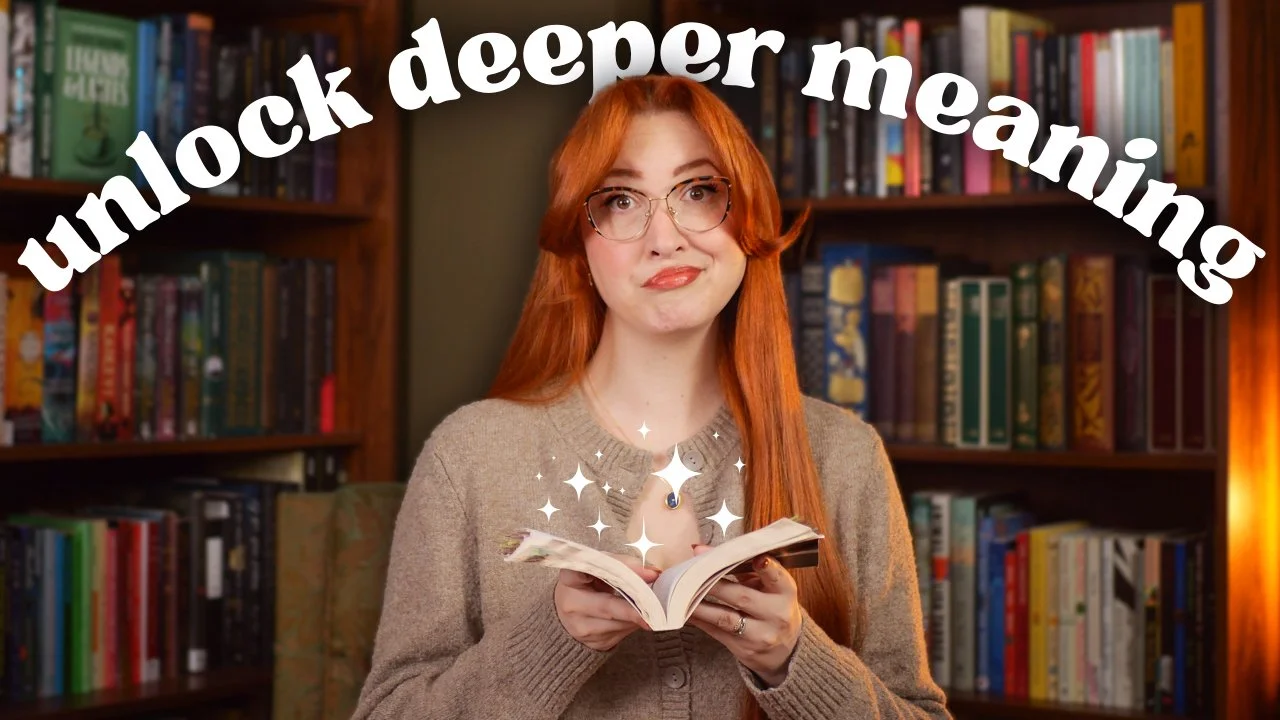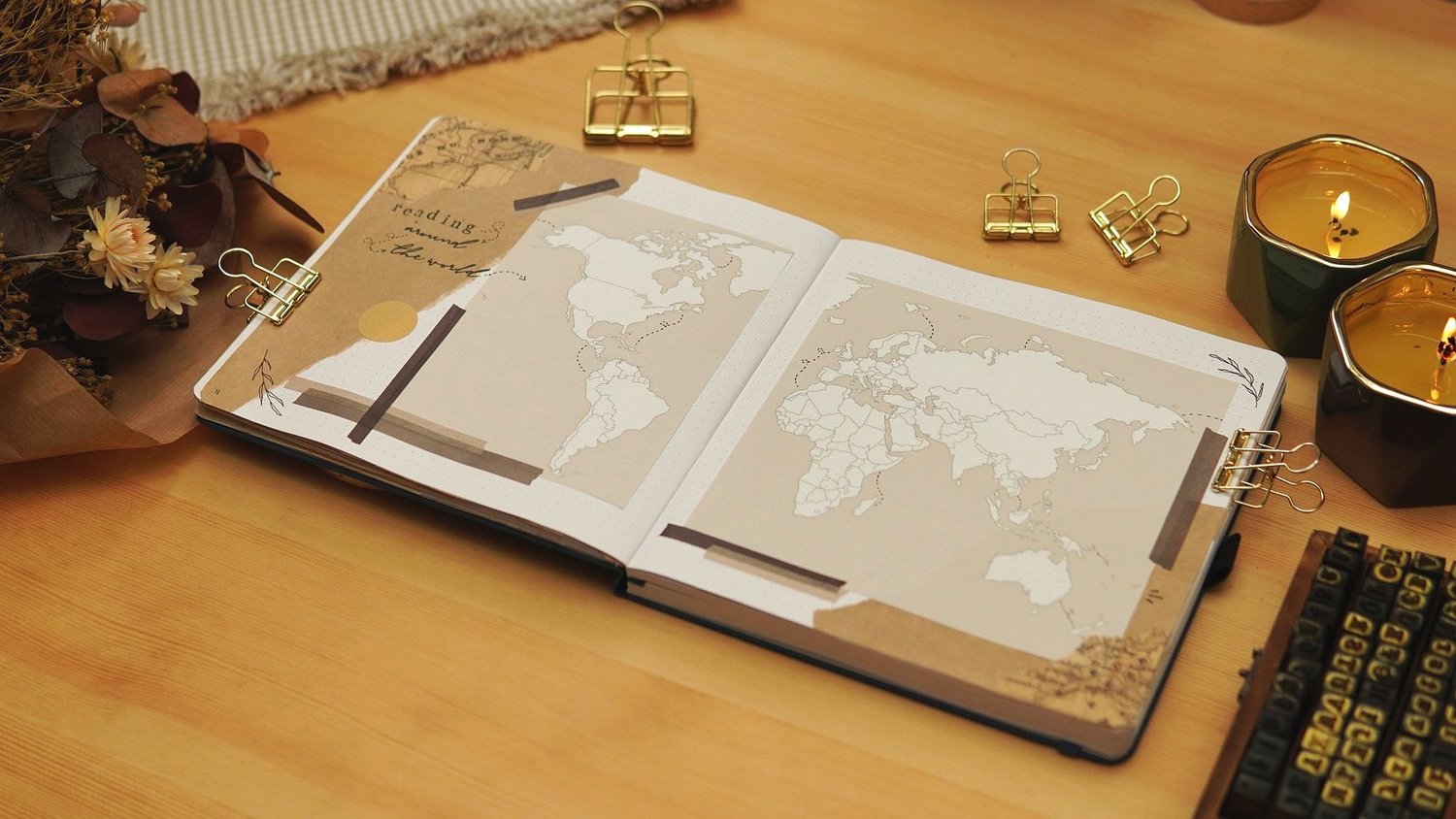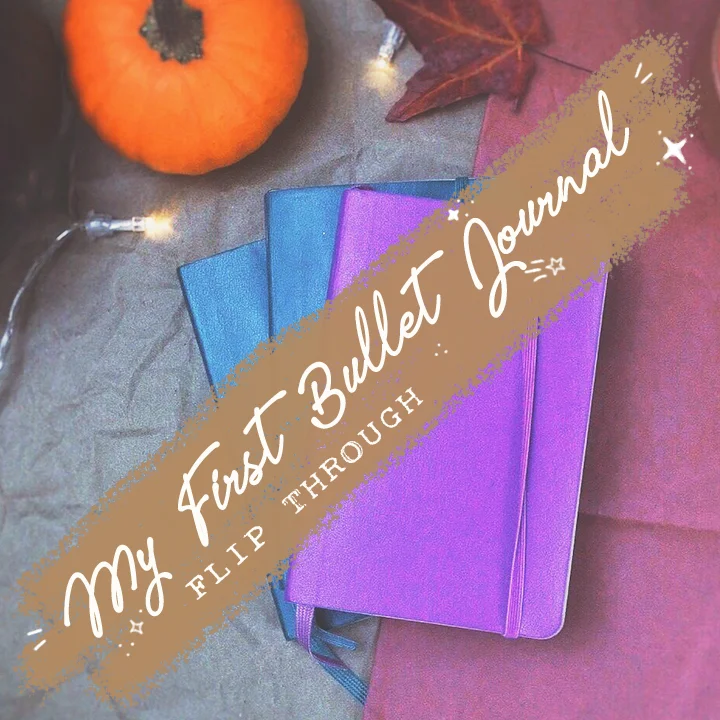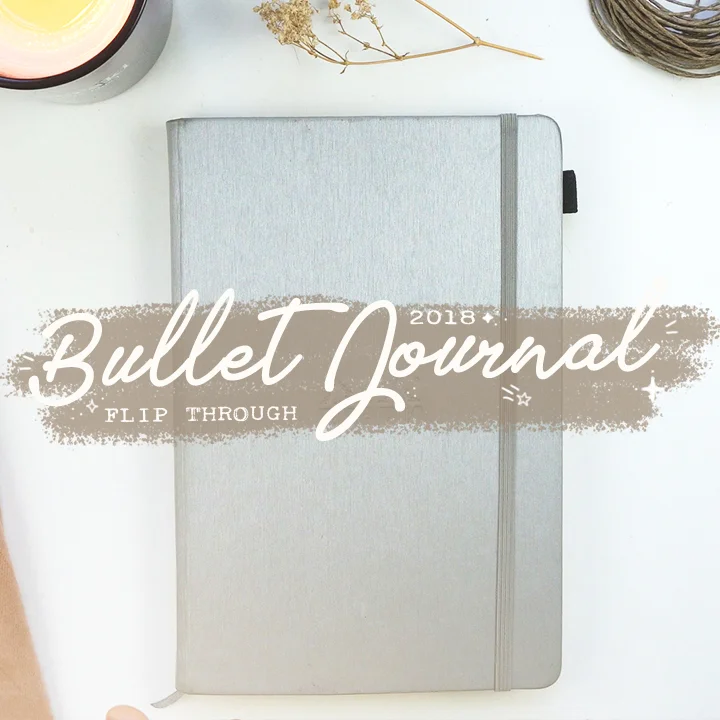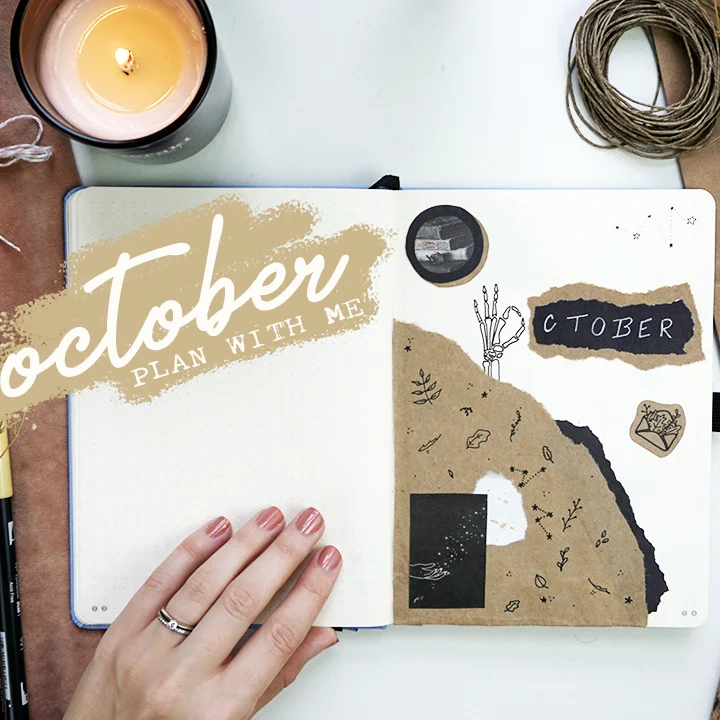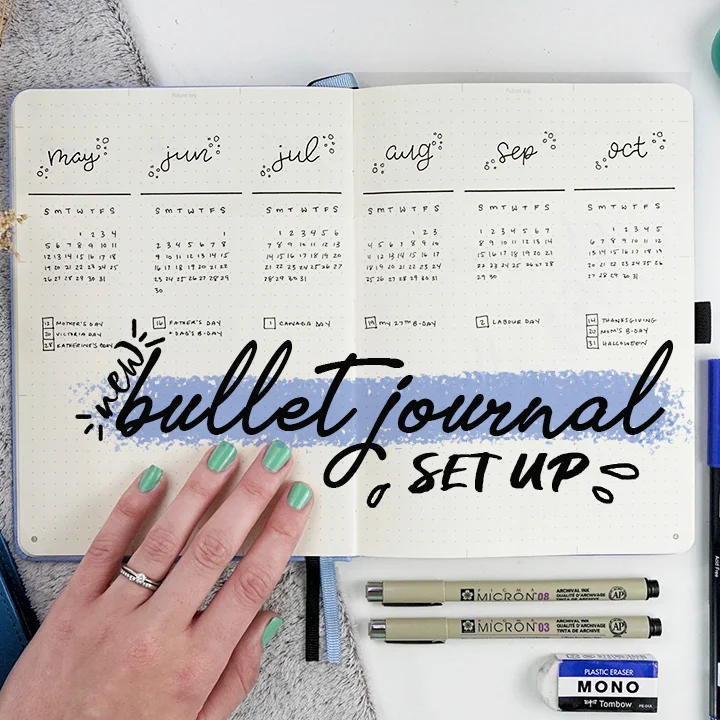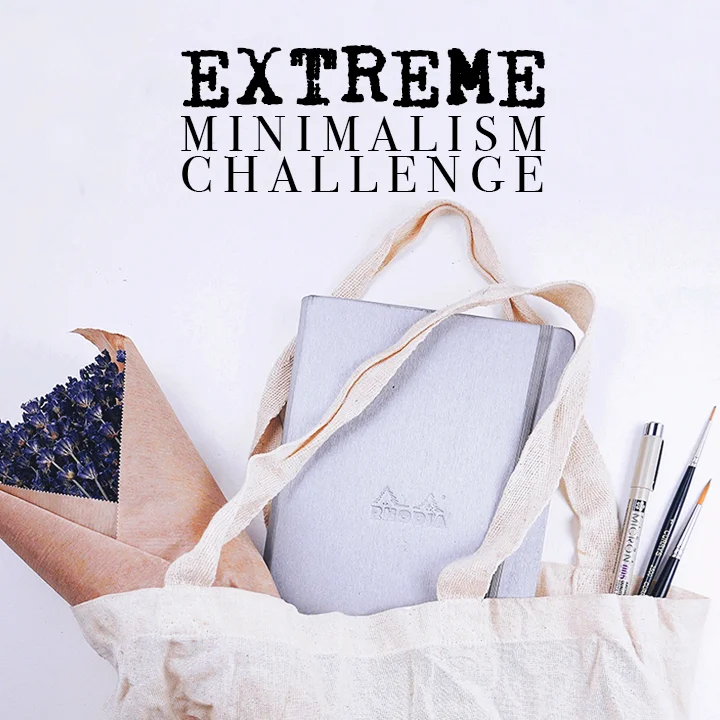
the blog.
Should You Stop Drinking Coffee?
Hi. My name is Elizabeth, and I'm a coffeeholic.
It's not just one thing, but the whole that makes coffee so irresistible. The heavenly aroma, the slightly bitter toasty taste, the warm fuzzies, the kick of energy... Basically, coffee is damn good. But is it good FOR you? I'm on a mission to find out.
Why don't you come along?
Hi. My name is Elizabeth, and I'm a coffeeholic.
It's not just one thing, but the whole that makes coffee so irresistible. The heavenly aroma, the slightly bitter toasty taste, the warm fuzzies, the kick of energy... Basically, coffee is damn good. But is it good FOR you? I'm on a mission to find out.
Why don't you come along?
C O F F E E & Y O U R H E A L T H
Depression
In a 2011 study, caffeinated coffee was shown to reduce the rate of depression in women, lowering the rate further with each additional cup consumed (up to 4+ cups a day). Decaffeinated coffee did not have the same effect.
A similar result was found in Finnish men in this 2010 study, showing that heavy drinkers of caffeinated coffee (more than 3.25 cups a day) had a lower risk of developing depression than men who did not drink coffee.
A further study found an unexplained lowering in the risk of suicide with each additional cup of coffee per day.
The evidence is not definitive by any means, but these studies seem to indicate that the consumption of 3-4 cups of coffee or more a day can aid in the prevention of depression and suicide.
Diabetes
A 2002 study found a 50% reduction in the risk of developing type 2 diabetes with 7 or more cups of coffee a day, compared to those who drank 2 or fewer cups a day.
This finding was supported by an observational reduction in the risk of diabetes and obesity in those with a higher coffee intake in a study conducted in 2015 and by a 2014 Harvard study which found that over a 4 year period those who increased their coffee consumption by 1 cup per day lowered their risk of developing type 2 diabetes by 11%, while those who reduced their coffee intake by 1 cup per day increased their risk by 17%.
While this is good news for those of us without type 2 diabetes, it looks like coffee consumption may have a negative effect for those already affected by the disease.
This study (though conducted with a small sample size) found that caffeine impaired postprandial glucose metabolism (the body's ability to metabolize glucose after a meal). The study did not look at the effect of coffee and tea, but of caffeine in isolation. Another study found that caffeine consumption may make the control of glucose in those with type 2 diabetes more difficult with adverse effects on glucose metabolism and exaggerated postprandial glucose responses.
Cardiovascular Disease
Could coffee protect your heart?
This 2012 study observed the strongest inverse association between coffee consumption and heart failure at 4 cups of coffee/day, but a potentially higher risk when the number of daily cups was increased.
Another study observed that higher consumption of coffee and tea reduced the risk of stroke and cardiovascular disease (measured up to 4 cups of tea and 2 cups of coffee per day).
Longevity
Coffee has been associated with no (or very small) change in mortality rates, beginning with 1-2 cups per day. According to one study, the risk of death was reduced by 3% with each additional cup of coffee consumed daily.
This study found an overall 10-15% lower risk of dying for those drinking 6 or more cups of coffee a day for those between 50-71 years old at the beginning of the study, but that any amount over 4 cups a day actually increased the risk of mortality in those under the age of 50.
Cancer
This 2015 liver cancer report from World Cancer Research Fund International found strong evidence that coffee consumption was linked to a decreased risk of liver cancer, by as much as 50%.
Further studies have found lower rates of colon, breast, and rectal cancers with increased coffee consumption.
Parkinson’s Disease
A significant reduction in the risk of developing Parkinson's was observed in men who drank at least 3.5 cups of coffee/day in this 2000 study and this one showed promise in the use of caffeine to improve motor function in those already suffering from Parkinson's.
Unfortunately, 'coffee seems to protect men but not women against Parkinson’s disease. One possible explanation for the sex difference may be that estrogen and caffeine need the same enzymes to be metabolized, and estrogen captures those enzymes.' - Harvard Health Publications
Further Effects of Coffee
- Alertness. Caffeine can make you feel more awake and focused, and as this study found, may improve performance on simple tasks.
- Acid Reflux. This study found that coffee caused acid reflux in a way that tea did not, regardless of whether the coffee was caffeinated or not (although decaf did result in less acid reflux than the caffeinated variety).
- Anxiety. Those with anxiety may notice that it worsens with caffeine consumption, or perhaps that it improves. The evidence is not conclusive.
- Fractures. This meta-analysis found that daily coffee consumption was associated with a higher risk of bone fracture in women and a lower risk in men.
- Insomnia. This study demonstrated that a cup of coffee at dinner time reduces sleep quality (duh). But if you're having trouble sleeping you may want to reduce your caffeine intake (and do it earlier in the day)!
- Gallstones. While it has been shown that coffee drinkers may be less likely to suffer from gallstones, this study found no correlation between coffee intake and gallstone incidence.
- High Cholesterol. There are two specific substances in coffee which raise cholesterol levels: kahweol and cafestol. While paper filters capture these substances, many people now drink un-filtered coffee, such as espresso. Those with high cholesterol would do well to drink solely filtered coffee and to avoid decaf, which is also linked to cholesterol increases.
- Epilepsy. This study documented the case of a man who's epileptic seizures became less frequent when he reduced his coffee intake from heavy to zero consumption, but more research must be done on the subject.
- Atrial Fibrillation. Caffeine does not, in contrast to popular belief, cause atrial fibrillation. In fact, this study found that 1-5 cups of coffee a day may actually reduce your risk.
- Tooth Health. While it is well-known that coffee stains teeth, it may surprise you to learn that coffee may actually protect against cavities!
- Urinary Incontinence. For both men and women, coffee intake at 2 or more cups a day had a strong association with urinary incontinence.
- Blood Pressure. Unlike what was previously thought coffee does not increase the risk for high blood pressure over time, though it does increase it temporarily. Researchers believe this phenomenon may be due to the development of a tolerance to the hypertensive effects of coffee after extended use.
A Quick Note on Energy Drinks
While I would hope that most are aware that energy drinks are NOT good for our health, and are no substitute for REAL energy which we get from food. 20 standard energy drinks contain approximately 5g of caffeine, the lethal dose. So PLEASE be careful if you like to drink energy drinks throughout the day in high amounts in addition to coffee, tea, and other caffeinated substances!
(*of course, you can reach 3g of caffeine from any source if you ingest enough, but with the trend of downing large quantities of energy drinks mixed with alcohol popping up all over college campuses, I felt it was important to add!)
F A I R T R A D E C O F F E E
...may not be all we thought. We wish it were, as in the standard coffee industry individual growers may receive as little as 10% of the retail price after working in sub-par conditions. Learn more in this article: 10 Reasons Why Fair-Trade Coffee Doesn't Work.
C O F F E E & T H E E N V R I R O N M E N T
As with any business, the coffee industry is rife with competition. The drive to produce more coffee, more quickly, has lead to less sustainable methods of cultivation which have resulted in the clearing of 2.5 million acres of forest in Central America, according to WWF. Tellingly, deforestation is most present in those countries that are also major coffee producers, and the trend doesn't seem to be going away anytime soon.
C O F F E E & T H E A N I M A L S
What does this mean for the animals? Well, as we all know, virtually no species can survive the utter destruction of their habitat at lightning fast speed. In other words, the mammals, insects, and plants that populate the rainforest are being driven to extinction at astounding rates.
So what can we do?
If you can, buy Rainforest Alliance-certified coffee. Learn more about their initiative here.
Feeling overwhelmed?
I don't blame you.
Allow me to summarize:
S O, S H O U L D Y O U S T O P D R I N K I N G C O F F E E ?
That's up to you.
As for me?
I'll continue to enjoy my daily cup or two of joe, but I'll be sure it comes with a Rainforest Alliance certification and goes into my eco-friendly mug or tumbler.
Until next time,
How many cups of coffee do you drink a day? Let me know in the comments!
Don't forget to subscribe to the Plant Based Bride newsletter (form below) for weekly updates and other goodies!
S O U R C E S & F U R T H E R R E A D I N G
http://nutritionfacts.org/video/coffee-and-mortality/
http://www.health.harvard.edu/family_health_guide/coffees-health-benefits
http://www.healthline.com/health/food-nutrition/is-coffee-good-for-you#2
http://www.ncbi.nlm.nih.gov/pubmed/22591295
http://archinte.jamanetwork.com/article.aspx?articleid=1105943
http://www.ncbi.nlm.nih.gov/pubmed/8275213/
http://www.ncbi.nlm.nih.gov/pubmed/12433517
http://www.ncbi.nlm.nih.gov/pubmed/26002927
http://link.springer.com/article/10.1007/s00125-014-3235-7
http://care.diabetesjournals.org/content/27/8/2047.full
http://care.diabetesjournals.org/content/31/2/221.full
http://www.ncbi.nlm.nih.gov/pubmed/7918922
http://stroke.ahajournals.org/content/early/2013/03/14/STROKEAHA.111.677500.abstract
http://www.ncbi.nlm.nih.gov/pubmed/?term=Effects+of+habitual+coffee+consumption+on+cardiometabolic
http://www.ncbi.nlm.nih.gov/pubmed/23934579
http://jama.jamanetwork.com/article.aspx?articleid=192731
http://www.neurology.org/content/early/2012/08/01/WNL.0b013e318263570d.abstract
http://www.ncbi.nlm.nih.gov/pubmed/?term=Caffeine+and+urinary+incontinence+in+US+women
http://www.ncbi.nlm.nih.gov/pubmed/23276513
http://www.ncbi.nlm.nih.gov/pubmed/24576685
http://onlinelibrary.wiley.com/doi/10.1111/j.1747-0080.2012.01601.x/abstract
http://www.ncbi.nlm.nih.gov/pubmed/?term=Heavy+coffee+drinking+and+epilepsy
http://www.huffingtonpost.com/bruce-wydick/10-reasons-fair-trade-coffee-doesnt-work_b_5651663.html
http://www.ncbi.nlm.nih.gov/pubmed/24009307
Finding My Wedding Dress: No Silk, Please.
If you follow me on instagram you will already know that I have chosen my wedding dress! (cue the squeals) You will also know that the number one biggest struggle in finding my dream dress was the lack of vegan options. Or in other words, the abundance of silk. Not sure why you should care about silkworms and the fabric they make? Neither was I. That was, of course, until I looked into the industry and really thought about what it's doing. And I want to share with you why you may want to rethink that silk blouse or snazzy silk bowtie you've been eyeing.
If you follow me on instagram you will already know that I have chosen my wedding dress! (cue the squeals) You will also know that the number one biggest struggle in finding my dream dress was the lack of vegan options. Or in other words, the abundance of silk. Not sure why you should care about silkworms? Neither was I. That was, of course, until I looked into the industry and really thought about what it's doing. And I want to share with you why you may want to rethink that silk blouse or snazzy silk bowtie you've been eyeing.
WHAT ARE SILKWORMS?
Silkworms are the larva or caterpillar of silk moths, or as they are scientifically classified, Bombyx mori. They are, therefore, young insects. They are also now extinct in the wild, existing only in captivity. They originally lived peacefully in northern China eating mulberry leaves and dreaming of unicorn moths and rainbows (presumably).
HOW IS SILK MADE?
Silk worms are raised on silk farms. The eggs are incubated for 8-10 days until tiny brown larva emerge. The larva are fed exclusively mulberry leaves for approximately a month as they grow from 3mm to 8 cm long and lighten in colour.
The silk worms are then ready to begin their transition from caterpillar to moth, and turn their efforts to weaving a cocoon. They do so using the "silk gland" below their lower lip to produce a sticky substance that hardens into silk thread when in contact with the air. They use this mechanism to form the skeleton of their cocoon, climb in, and finish it around themselves - using as much as 1 km of silk thread in the process. The cocoon goes from start to finish in about 4 days.
The sleeping caterpillar will become a pupa, and in the wild would finish its transition to moth, emerging from its cocoon to live another life. In the current silk industry, however, they are never given this chance. Once the cocoon is completed the pupae will be killed by extreme heat as their cocoons emerged in boiling water. The thread will then be reeled off, treated, and woven into silk fabric.
WEDDING DRESS SHOPPING
Wedding dresses have been made with silk for a very long time. It is viewed as a luxury fabric, and most brides want to feel luxurious on their wedding day. Silk is a beautiful fabric, in look and feel, and it is completely understandable that designers would wish to work with such a fabric to make their designs come to life.
But what can we do if we don't feel comfortable supporting the silk industry and yet want a beautiful gown?
My top tips for any vegan brides out there are as follows:
ONE Do your research.
This is an essential first step...
- Join a local vegan group online or off and ask any recently married women where they found their gown;
- Search online for vegan or eco-friendly designers with shops in your area, and;
- Find bridal boutiques that have a vast array of silk-free options by exploring their website and getting in contact with them to inquire.
The more research you do at the outset, the easier the entire process will go!
TWO Set your budget ahead of time and stick to it.
This isn't vegan specific, but it is VERY important. Just do it! Oh, and set your budget a couple hundred dollars below your max. You WILL need alterations, and they don't come cheap!
THREE Tell them upfront that you won't consider silk.
Once you've found a couple of shops with promising options you'll want to book your appointments. Be sure to tell them in that first communication that you are looking for silk-free gowns ONLY and will not consider buying a dress made with silk. Ask them (nicely!) if they can pull a selection of silk-free gowns or at least be able to point out during your appointment which options are available to you.
I didn't do this myself and very much regretted it, as I spent much of my short appointment time trying to figure out which dresses were and weren't vegan. Do yourself (and your associate) a favour and let them prepare ahead of time!
FOUR Don't be afraid to look into custom or vintage gown options.
If your perfect dress just isn't materializing, perhaps it's time to repurpose or get creative! A custom dress means you can get exactly what your heart desires, including the fabric choice. I seriously considered a custom gown before deciding on my dress, as many of my favourite pieces were just shy of perfect or were (unfortunately) not vegan friendly. A custom dress means every aspect is completely up to you!
Another great option is a vintage dress or a dress passed down in your family! In my opinion, buying a secondhand dress or repurposing one containing silk doesn't make you a "bad vegan". It doesn't contribute to the exploitation of silk worms and is reusing materials which is more eco-friendly, to boot!
If you are shopping in or around Toronto, I would whole-heartedly recommend Sash & Bustle! This is where I found my vegan gown, and they were very accommodating - sending me pictures of the material tags so that I could be triple sure that my top 2 were vegan, helping me find only the silk-free options, and being all-around awesome people.
A WORD ABOUT PEACE OR AHIMSA SILK
Some vegans see peace (or Ahimsa) silk as the perfect option to fulfill all their silk desires. While I will leave you to make up your own decision on this one (and I would love to hear what you think in the comments) I personally do not feel this is a compassionate option. Yes, the pupae are spared and allowed to hatch. But no, it is not a process free of killing. While the moths who emerge from their silk cocoons will be allowed to live and bread millions of their offspring will die, only they will die of starvation and dehydration approximately one day into their lives rather than of heat exposure within their cocoons.
This is the most comprehensive article I have read that expresses my opinion on this topic, I urge you to give it a read!
I know this is a tough one for many people to grasp, and I understand, truly. We don't know if insects can feel pain, and may never be able to determine the truth one way or the other. But what we DO know is that silk worms have just as much right to live out their lives as we do. If their deaths were a necessary sacrifice for our survival, I would likely come down on a different side of this argument. But as I have never heard anyone make a convincing argument for why silk is required for survival, that hypothetical has no bearing on real life.
While I sympathize with those who make a living in the silk trade, I would urge them to support their families through work that doesn't exploit innocent beings, and for those of us who are lucky enough to have been born into a more privileged life to help create those opportunities.
If we all work together, this amazing planet we call home could be a place of solidarity, compassion, peace, and acceptance - for every creature, whether they be big or small.
Until next time,
I REALLY want to know what your thoughts are on this topic. Let me know in the comments below!
The Truth About Eggs
A month ago I put together a post on the dairy industry and why I will never again support it - but eggs have gone largely uncovered on my blog, that is, until today. Let's talk facts!
A month ago I put together a post on the dairy industry and why I will never again support it - but eggs have gone largely uncovered on my blog, that is, until today. Let's talk facts!
H E A L T H
Most people claim to eat eggs for the health benefits, especially their protein content. Let's consider the actual makeup of an egg:
An egg is 2% carbohydrates, 63% fats, and 35% protein. One large egg (50g) contains approximately 211mg of cholesterol, no fibre, and 2g of saturated fat (almost half of the total fat content).
Now let's take a look at what this means for the human body.
Carbohydrates
The 100 000 billion cells in our body rely on carbohydrates as their main source of energy, as each and every cell can use them for fuel. We need carbohydrates for all of our major systems including the central nervous system, the heart, and the brain to function properly and they are the easiest macronutrient to convert to energy. For a food touted as the perfect health food, you would think it would be made up of more than 2% of our ideal energy source!
Fat
While we need a small amount of fat in our diets for maintaining cell membranes and providing cushioning for organs, it is widely accepted that a high-fat diet is an unhealthy one. Recommendations for fat intake from physicians and nutritionists range from 35% of daily calories on the high end to 10% on the low end.
Not only are eggs high in total fat, but they are high in saturated fat - the single biggest contributor to high cholesterol and heart disease (which killed more than 17.5 million people in 2012).
Cholesterol
From Virginia Tech's Educational Report on Heart Healthy Eating: "A cholesterol lowering diet should first be low in total fat, especially saturated fat, as well as cholesterol."
The only foods that contain cholesterol are animal products, with egg yolks and organ meats ranking highest for cholesterol content. It is recommended that those with heart disease, high cholesterol, or diabetes keep their dietary cholesterol intake to below 200mg per day - less than that found in a single egg. There is also the (often unmentioned) fact that the human body has no need whatsoever for dietary cholesterol. We make 100% of the cholesterol we need for normal, healthy functioning in our own bodies, and never to excess.
"Patients at risk of cardiovascular disease should limit their intake of cholesterol. Stopping the consumption of egg yolks after a stroke or myocardial infarction would be like quitting smoking after a diagnosis of lung cancer: a necessary action, but late." - Dietary cholesterol and egg yolks: Not for patients at risk of vascular disease
But what about egg whites? While it's true that the majority of the fat and cholesterol is found in the yolk, and if your only concern is reducing dietary cholesterol intake eliminating the yolk may seem like the solution, the unfortunate truth is that the egg white is a much more concentrated vessel for animal protein than the whole egg, and that's not so good for us either.
Protein
Protein has been hailed the most important macronutrient in popular culture for decades, and while it is very important for proper growth in children, tissue repair, preserving muscle mass, and creating essentials hormones and enzymes (among other things), we don't need NEARLY as much of it as people think. The average healthy adult of either gender requires 0.66g of protein per day per kg of weight, meaning a 150lb (68kg) person would need 44.9g of protein per day to meet their daily protein needs. This is easily achievable in a vegan diet, and is quickly surpassed in a vegetarian or omnivorous one.
So what's the problem with getting more protein? Excess protein increases the risk of kidney disease, kidney stones, and some types of cancer. Animal protein in particular has a startling effect on the growth of cancerous tumours, as seen in the extensive research done by Colin T. Campbell in The China Study.
Fibre
Eggs are completely devoid of fibre, which is essential for eliminating waste. Low fibre diets can cause constipation, hemorrhoids, and an increased risk of colon cancer while high fibre diets reduce the risk of heart disease, diabetes, and obesity and lower cholesterol.
Salmonella
More than 100,000 people are poisoned by salmonella-tainted eggs per year in the US alone and experience diarrhea, fever, and abdominal cramps for up to a week.
Diabetes
A review of fourteen studies conducted on the effect of egg consumption on diabetes concluded that highest egg intake increased the risk of developing diabetes by 68% compared to those who consumed the least.
Cancer
Egg consumption has an effect on the development on many types of cancer:
- Consuming 1.5 eggs per week resulted in almost 5 times higher risk of colon cancer when compared to those who consumed less than 11 eggs per year;
- Men who consume 2.5 eggs per week increase their risk for developing a deadly form of prostate cancer by 81% when compared to those who consume less than half an egg per week;
- The WHO found that eating eggs is associated with death from colon and rectal cancer when analyzing data from 34 countries in 2003, and;
- Moderate egg consumption was found to triple the risk of developing bladder cancer in a 2005 study published in International Urology and Nephrology.
Do you still think that eggs are a healthy choice?
A N I M A L R I G H T S
As if the health risks of consuming eggs weren't convincing enough, life is not pleasant for the hens and chicks on factory farms.
While chickens can live up to 14 years on average, hens only lay eggs for about two of those. Guess how many years they're allowed to live on factory farms? Correct. Two. What happens next? They are sent to the slaughterhouse, as they are no longer "useful" for anything but their flesh.
It begins at birth: chicks will never see their mothers and are quickly separated, males from females. Many die from the rough treatment in automated sorting machines. The females are kept and raised to lay, but what about the males? They are of no use to the egg industry and are either thrown in trash bags to suffocate or ground up alive. Babies, only days old, are GROUND UP ALIVE. By the millions. “There is, unfortunately, no way to breed eggs that only produce female hens. If someone has a need for 200 million male chicks, we’re happy to provide them to anyone who wants them. But we can find no market, no need.” - Mitch Head, the spokesperson for United Egg Producers. How is this allowed to go on?
Life for the females may be longer, but is full of suffering nonetheless. Crammed into tiny battery cages, 5 to 11 in each, they are stacked on top of each other allowing the filth from cages above to drop into those below. Dead and diseased hens may be left to decompose in the cages with the living (who are producing eggs for human consumption, mind you), causing further death and disease.
Due to the crammed and stressful living conditions the birds are subjected to, farmers clip off the tips of their sensitive beaks, full of nerve endings, to prevent hens pecking each other to death.
Many turn to organic or "free-range" eggs, under the impression that the hens live happier lives. That is not necessarily the case. Labels on egg cartons, other than "organic", are not subject to any government regulations. That means that there is no government body keeping tabs on the conditions at egg farms ensuring that birds are treated humanely and approving "free-range" status.
Many organic and “free-range” farms are just like factory farms in the way they crowd thousands of birds into sheds or on muddy lots and debeak the hens. Most hens never have the chance to go outside and breathe fresh, clean air. Male chicks are disposed of in the exact same way as on factory farms and death and disease from less-than-ideal conditions still occur regularly.
There is another similarity. The hens will still be sent to slaughter once egg production stops a mere 7th into their lives. The suffering they experience during their lives may be incrementally less than those on factory farms, but they are still only allowed to live until they can no longer bring in a profit.
Chickens are smart, funny, and have distinct personalities from one another. They have a sense of time and can communicate using more than 24 different vocalizations, beginning even before hatching. By the time they have broken out of their shell they can recognize their mother's voice. Chickens have very good memories and can not only count, but understand geometry. They are caring beings who develop relationships and learn from observing the habits of others.
They don't deserve to experience only suffering each and every day of their lives, which are being cut so incredibly short.
Make the healthiest and most compassionate choice available and stop including eggs in your diet today!
Until next time,
What surprised you most about eggs - their negative impact on health or the horrifying conditions of farms?
Not sure what to read next? Try How To Go Vegan or 10 Reasons To Go Vegan!
S O U R C E S
http://nutritiondata.self.com/facts/dairy-and-egg-products/111/2
http://pubs.ext.vt.edu/348/348-898/348-898.html
http://nutritiondata.self.com/facts/dairy-and-egg-products/112/2
http://www.forksoverknives.com/whats-wrong-with-eggs/
http://www.mckinley.illinois.edu/handouts/macronutrients.htm
http://www.who.int/mediacentre/factsheets/fs310/en/index2.html
http://plantbasedbride.com/blog/vegansvsprotein
http://www.ncbi.nlm.nih.gov/pmc/articles/PMC2989358/
http://breakingmuscle.com/nutrition/the-great-egg-debate-4-reasons-you-need-to-stop-eating-eggs
http://www.webmd.com/food-recipes/food-poisoning/salmonellosis-topic-overview
http://www.peta.org/features/egg-industry-cruelty/
http://www.care2.com/causes/hipster-farmers-abandoning-backyard-chickens-by-the-hundreds.html
http://www.care2.com/causes/ground-up-alive-baby-chicks-suffer.html
http://www.care2.com/causes/horrific-conditions-for-factory-farmed-chickens-exposed.html
Say No To Fur (HoodLamb Vegan Coat Unboxing!)
I've never been a big fan of winter, but since going vegan I find the Canadian winters even more difficult to bear. As soon as the temperature starts to drop the winter gear comes out in full force, and that means that almost every person is wearing fur. Before going vegan I owned coats with fur trim and never thought anything of it. I was told that it was natural, that it was the perfect material to keep warm, that it was normal. And I never thought to question it. Now I know better, and every bit of fur I see feels like a punch in the stomach. We no longer NEED to wear fur to keep warm, so why continue to inflict unnecessary suffering? Let's turn over a new leaf and say no to fur in 2016.
I've never been a big fan of winter, but since going vegan I find the Canadian winters even more difficult to bear. As soon as the temperature starts to drop the winter gear comes out in full force, and that means that almost every person is wearing fur. Before going vegan I owned coats with fur trim and never thought anything of it. I was told that it was natural, that it was the perfect material to keep warm, that it was normal. And I never thought to question it. Now I know better, and every bit of fur I see feels like a punch in the stomach. We no longer NEED to wear fur to keep warm, so why continue to inflict unnecessary suffering? Let's turn over a new leaf and say no to fur in 2016.
For some, simply fully accepting the fact that fur is the skin and hair of an animal killed solely for that purpose is enough to change their ways. But unfortunately, most of us have been so brainwashed by our society that even that fact makes zero impact. I refuse to believe that we are past the point of no return, however. Here are 10 facts about fur that should make you squirm, get sad, get angry, and make a change:
ONE More than 50 million animals are abused and slaughtered each year for their fur. This includes rabbits, foxes, minks, cats, and dogs.
TWO 85% of fur comes from animals on fur farms where they are crammed into tiny, filthy wire cages for the entirety of their short, miserable lives. Cages full of animals are thrown to the ground, often breaking their bones.
THREE China is the world's largest fur exporter. There are no laws in China to prevent the abuse of animals on fur farms. Innocent animals are stunned by having their heads clubbed or slammed against the ground, often regaining consciousness as they are skinned alive.
FOUR In Europe and North America, animals are electrocuted genitally or anally to avoid damaging valuable "product" - their fur.
FIVE Buying fur supports an industry that slaughters cats and dogs in the millions each year. In China more than 2 million cats and dogs are killed annually and their fur is sold around the world, including in Canada and the US, intentionally mislabelled as the fur of "less loved" animals or even as faux-fur.
SIX Fur farms are bad for our planet. Fur causes ozone layer depletion, soil and water pollution, and toxic emissions 2 to 28 times greater than other textiles. Each and every year the average Canadian fur farm produces around 240,000 kilograms of manure and requires 600,000 kilograms of feed. The runoff of manure from these facilities is a major threat to soil and water quality, according to the David Suzuki Foundation - affecting humans and wildlife alike: “[t]he Department of Agriculture, the primary promoter of the fur industry, is also the primary regulator” they say. Troubling, indeed.
SEVEN Fur farms in the US are not regulated by the federal government.
EIGHT Furs are treated with toxic chemicals to prevent them from rotting in your closet. Not only is that an unsettling thought, but what are those chemicals doing to the people who are wearing the flesh and hair treated with it?
NINE Animals caught in the wild are often left in traps for days as they suffer from shock, blood loss, dehydration, starvation, frostbite, gangrene, and attacks by their predators. Once collected from the traps they are brutally killed, if not already dead.
In Canada we have many blights on our reputation for our abuse of wildlife. Tens of thousands of baby harp seals are killed by gunshot or bludgeoning with clubs tipped with metal hooks each and every year while hundred of black bears are shot or caught in traps so that their skin can be made into the hats worn by Queen Elizabeth II's Five Guards' Regiments.
TEN Many animals are skinned ALIVE. The lucky ones are clubbed over the head to induce a state of unconsciousness, but often awaken and struggle as their skin is peeled from their bodies. Bloody and in agony, they are thrown onto a pile of dying animals as they blink slowly with shock. They are left to die a slow and painful death.
I will not include pictures or videos in this post, as they are universally horrifying. I couldn't research this post and write this list without stopping to cry every few minutes due to the extreme suffering these animals experience. I truly believe that anyone who fully accepts the horrific nature of the fur industry would be unable to continue to support it financially. Sometimes words aren't enough. If this list hasn't moved you to change I suggest you watch this video (at the bottom of the article). It is graphic. But if tens of millions of animals can go through this hell each and every year, we can at least be honest with ourselves about what we are doing to them. If you buy fur, it's the very least you can do.
Maybe you're convinced that you should cease to support the fur industry. How will you stay warm without fur (and leather, down, and wool) this winter?
Easy. There are more vegan winter-wear options every year, and the technology is rapidly improving! I suggest looking into Vaute or HoodLamb as a start for a warm and stylish coat that is 100% cruelty free!
I decided to buy a HoodLamb coat myself, as The Toronto Hemp Company carries them and I could try it on. I made an unboxing video for the coat which you can watch below!
The weather has been all over the place so far this winter, but on the coldest days this coat has kept me toasty warm! I'll do a review at the end of this winter with my impression of the coat over the long term.
Until next time, keep it fur-free!
If you have a vegan winter coat let me know what you think of it in the comments below!
If you liked this post you may also like... Should You Get Rid Of All Your Leather Now That You're Vegan?
S O U R C E S
http://www.peta.org/issues/animals-used-for-clothing/fur/
http://www.humanesociety.org/issues/fur_fashion/?credit=web_id86162647
http://www.peta.org/features/nine-shocking-fur-facts/
http://features.peta.org/ChineseFurFarms/
http://www.lcanimal.org/index.php/campaigns/fur/fur-trade-facts
http://furbearerdefenders.com/environmental-impacts/environmental-impact-from-fur-farms
http://www.humanesociety.org/assets/pdfs/fur/field-guide-on-real-vs-fake-fur-final.pdf






